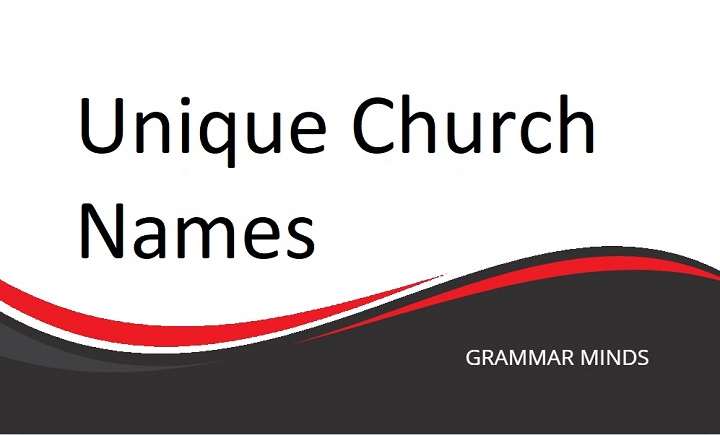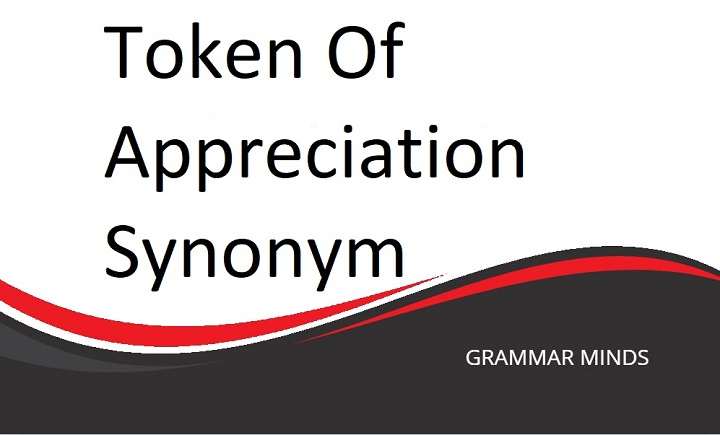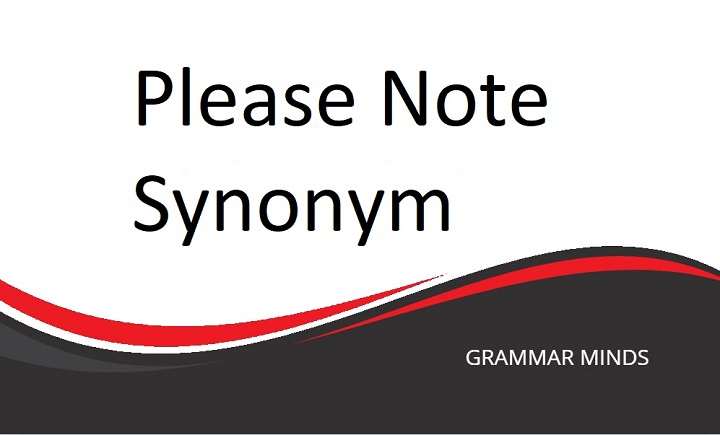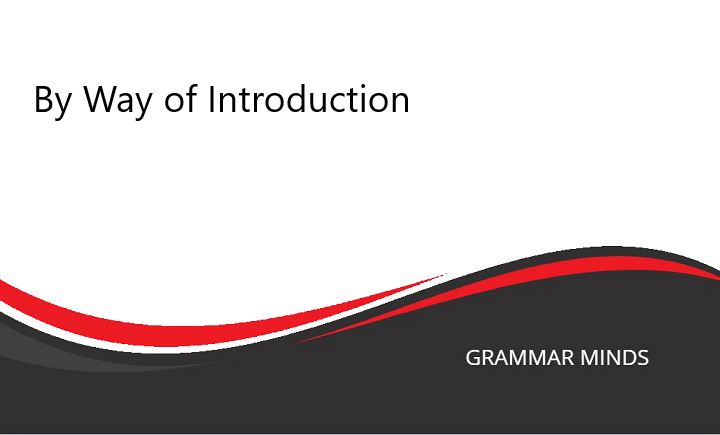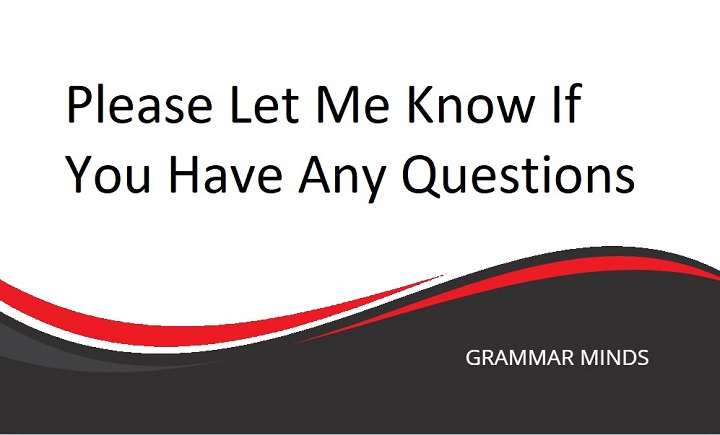Taking time off is essential for rest, relaxation, and recharging, whether it’s a vacation or just a short break from your regular routine. But sometimes, when you want to wish someone well on their time off, saying the same phrase over and over—“Enjoy your time off”—can get repetitive and feel uninspired.
Do you find yourself constantly saying “enjoy your time off” when communicating with friends, family, or colleagues who are taking a break? Have you grown tired of this repetitive expression and want to mix things up in your conversations?
Don’t worry! In this article, we’ve compiled a handy list of alternative phrases you can use to sound more varied, creative, and engaging in your communication. Whether it’s for formal emails, casual conversations, or social media messages, these phrases will help you wish someone well in a fresh and thoughtful way.
Other Ways to Say “Enjoy Your Time Off”
Have a Relaxing Break
This phrase is perfect for showing that you care about someone’s well-being and want them to truly unwind. It’s a more heartfelt way to express the sentiment behind “enjoy your time off.”
Take It Easy
“Take it easy” is a casual and friendly alternative that’s commonly used when you want someone to slow down and de-stress. It’s great for informal conversations with friends or family.
Have Fun on Your Break
This option adds an element of excitement and positivity, especially when you know the person plans to engage in enjoyable activities during their time off.
Rest and Recharge
“Rest and recharge” is a wonderful phrase to use when you want to emphasize the importance of relaxation for both mental and physical rejuvenation.
Make the Most of Your Time Off
This phrase encourages someone to fully embrace their time off and use it in the best way possible. It works in both casual and semi-formal settings.
Enjoy Every Moment
If you want to add a bit of emphasis on mindfulness, “enjoy every moment” is a thoughtful phrase that encourages people to live in the present and truly appreciate their time off.
Have a Well-Deserved Break
This phrase is a perfect way to acknowledge someone’s hard work and remind them that their break is well-earned. It adds a level of personal appreciation.
Unwind and Enjoy Yourself
“Unwind and enjoy yourself” is an informal and friendly option, ideal for wishing someone relaxation and fun. It works especially well in a casual, personal context.
Take Time for Yourself
If you want to offer someone a more personal sentiment, this phrase suggests that they focus on self-care and prioritize their own needs.
Savor Your Time Off
“Savor your time off” is an elegant phrase that encourages someone to truly appreciate their time away from responsibilities. It’s thoughtful and uplifting.
Key Notes
While “enjoy your time off” is grammatically correct and suitable for both formal and informal situations, it can sometimes feel a bit basic or overused. If you’re looking to mix things up, the alternatives we’ve provided offer a range of tones—from casual to formal—and can fit various contexts.
- “Have a Relaxing Break” is great for semi-formal settings, like emails to colleagues or acquaintances.
- “Take It Easy” is a fantastic informal alternative, suitable for conversations with close friends or family.
- “Rest and Recharge” works in both formal and informal contexts and emphasizes well-being.
Let’s dive deeper into some of these phrases and explore how you can use them in both formal and informal situations, along with real-life examples.
Have a Relaxing Break
Usage: If you’re looking for a more thoughtful way to say “enjoy your time off,” try “have a relaxing break.” This phrase suggests that you genuinely care about the person’s need for rest and downtime, making it suitable for both personal and professional situations.
Example (in an email):
Dear Sarah,
Thank you for all your hard work over the past few weeks. You’ve truly earned this break! Have a relaxing break, and I look forward to catching up when you’re back.
Best regards,
Emily
Take It Easy
Usage: A more casual and friendly alternative to “enjoy your time off” is “take it easy.” This phrase is perfect for informal situations, like chatting with a friend or family member, and it conveys a sense of care without being overly formal.
Example (in conversation):
Hey Jake,
Thanks for helping out with the project last week. You deserve some rest—take it easy, and we’ll catch up later!
Rest and Recharge
Usage: “Rest and recharge” is an ideal phrase to use when you want to remind someone that taking care of themselves is important. It’s appropriate for both formal emails and casual conversations, especially when the emphasis is on well-being.
Example (in an email):
Dear Alex,
I hope you enjoy your upcoming vacation! Be sure to rest and recharge—looking forward to hearing all about it when you return.
Best regards,
Mark
Is It Correct to Say “Enjoy Your Time Off”?
Absolutely! “Enjoy your time off” is grammatically correct and suitable for both formal and informal settings. It’s a versatile phrase that you can use in various situations, whether you’re writing a professional email to a colleague or chatting with a friend over coffee.
However, the alternatives we’ve provided will help you mix up your language and make your wishes sound more personalized. By using different phrases, you’ll add variety to your conversations and help avoid the monotony of repeating the same phrase.
More Ways to Say “Enjoy Your Time Off”
Aside from the alternatives listed above, you can also try slight variations of the phrase to fit different contexts:
- Take a Well-Deserved Rest
- Indulge in Some Downtime
- Soak Up Your Break
These variations add extra nuance to your message and allow you to better tailor your language to the situation or relationship you have with the person.
Also Read:
Top 10 Ways to Say “Have a Great Vacation
In conclusion, “enjoy your time off” is a perfectly acceptable and grammatically correct phrase for both formal and informal settings. Whether you’re sending a professional email or having a casual conversation, it works well in many contexts. However, using synonyms and alternative phrases like “have a relaxing break” or “take it easy” can add variety to your communication and make your wishes feel more thoughtful and personalized.
By diversifying your language with the phrases we’ve suggested, you’ll enhance your communication skills and come across as more creative and engaging in your conversations. So, the next time you find yourself wanting to wish someone well, try out one of these alternatives to “enjoy your time off”!


